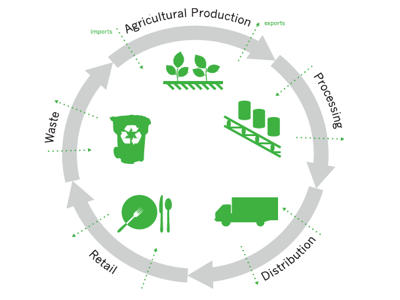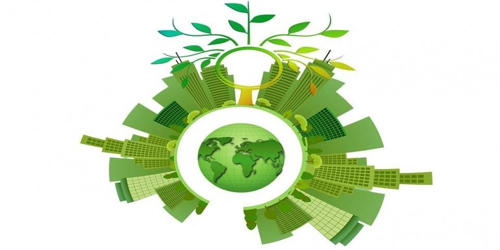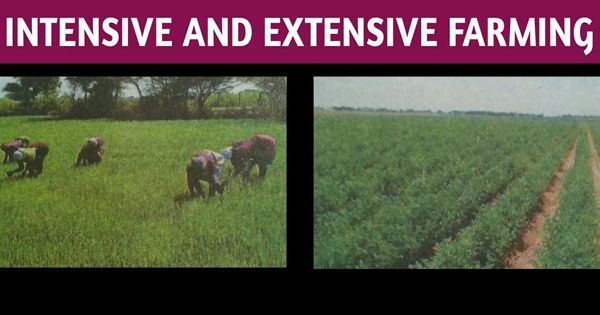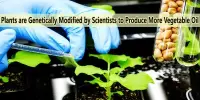The food system is a complex web of activities involving the production, processing, transport, and consumption. This term is used frequently in discussions about nutrition, food, health, community economic development, and agriculture. The food system is broken. It causes far too many issues with the animals, environment, and human beings we cherish.
A food system includes all processes and infrastructure involved in feeding a population: growing, harvesting, processing, packaging, transporting, marketing, consumption, and disposal of food and food-related items. Issues concerning the food system include the governance and economics of food production, its sustainability, the degree to which we waste food, how food production affects the natural environment, and the impact of food on individual and population health. It also includes the inputs needed and outputs generated at each of these steps. This system takes into account everything that happens to a certain piece of food before it reaches your digestive system. A food system operates within and is influenced by social, political, economic, and environmental contexts. It also requires human resources that provide labor, research, and education. Food systems are either conventional or alternative according to their model of food lifespan from origin to plate. When we take into account every step of the food system, regardless of our dietary choices, we can make more informed decisions about what and how we eat.

Fig: Food System in terms of Agribusiness
According to the IPCC, the global food system, including all of the various industries involved in sustainable and conventional food systems, provide employment for 1 billion people. Today world agriculture is facing major challenges, including how to feed a growing world population, how to reduce rural poverty in the world, and how to manage ecosystem goods and services in light of global environmental change. This global food system is facing a number of challenges created by impeding global food security issues created by climate change and non-climate change stresses on the system. Between 21-37% of total greenhouse gas emissions are attributable to the global food system, and in 2020 an EU evidence review found that this is on course to increase by 30–40% by 2050 due to population growth and dietary change. Population health is also a key factor in addressing food systems challenges, especially as nutrition-related chronic diseases such as obesity, diabetes, cardiovascular disease, and some forms of cancer are major contributors to the global burden of disease. Transitioning to sustainable food systems is an important step in addressing these global challenges.
















